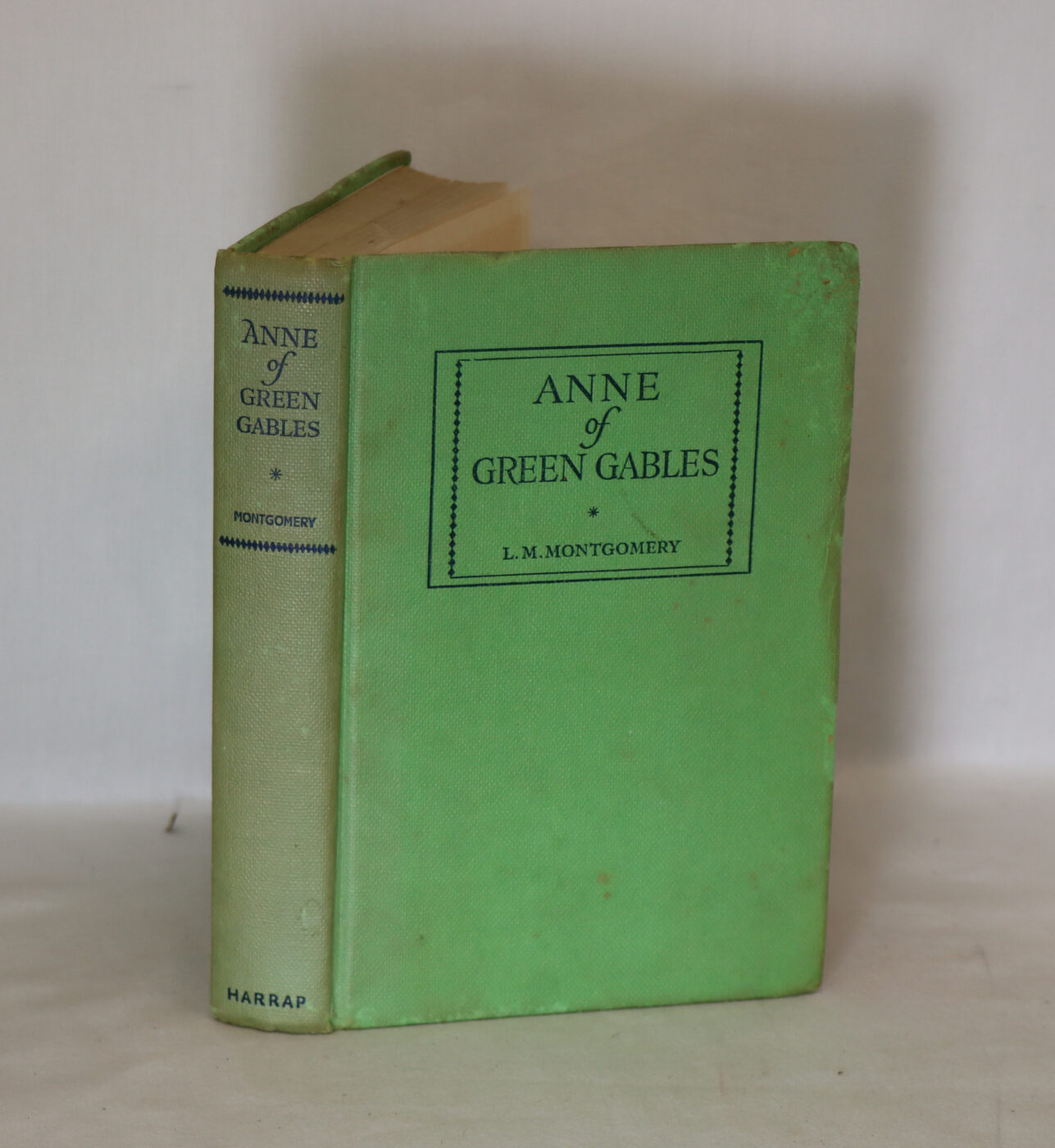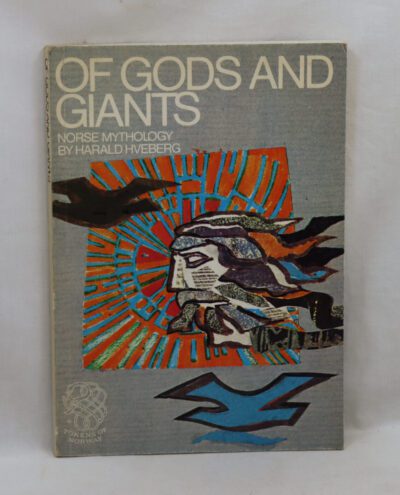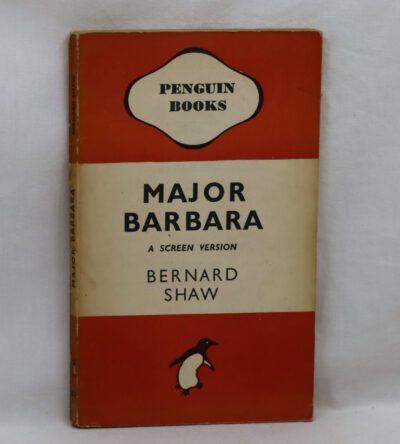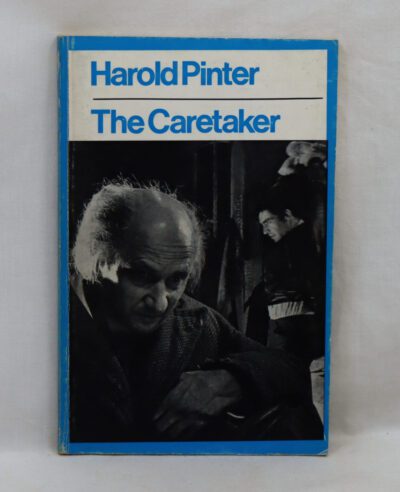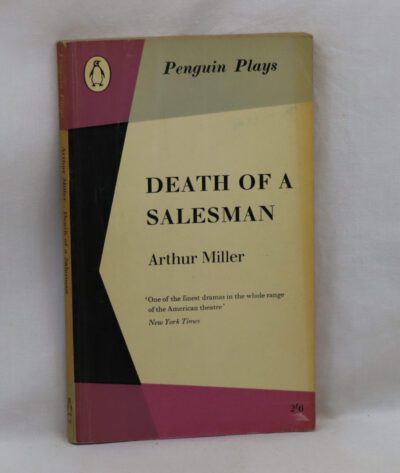Anne of Green Gables.
By I M Montgomery
Printed: 1946
Publisher: George Harrap & Co. London
| Dimensions | 13 × 19 × 3 cm |
|---|---|
| Language |
Language: English
Size (cminches): 13 x 19 x 3
Condition: Fair (See explanation of ratings)
Item information
Description
Green cloth binding with black title on the spine and front board.
We provide an in-depth photographic presentation of this item to stimulate your feeling and touch. More traditional book descriptions are immediately available
- Note: This book carries a £5.00 discount to those that subscribe to the F.B.A. mailing list
For conditions, please view the photographs
Lucy Maud Montgomery OBE (November 30, 1874 – April 24, 1942), published as L. M. Montgomery, was a Canadian author best known for a collection of novels, essays, short stories, and poetry beginning in 1908 with Anne of Green Gables. She published 20 novels as well as 530 short stories, 500 poems, and 30 essays. Anne of Green Gables was an immediate success; the title character, orphan Anne Shirley, made Montgomery famous in her lifetime and gave her an international following. Most of the novels were set on Prince Edward Island and those locations within Canada’s smallest province became a literary landmark and popular tourist site—namely Green Gables farm, the genesis of Prince Edward Island National Park.
Montgomery’s work, diaries, and letters have been read and studied by scholars and readers worldwide. The L. M. Montgomery Institute, University of Prince Edward Island, is responsible for the scholarly inquiry into the life, works, culture, and influence of Montgomery.
In 1908, Montgomery published her first book, Anne of Green Gables. An immediate success, it established Montgomery’s career, and she wrote and published material, including numerous sequels to Anne, for the rest of her life. Anne of Green Gables was published in June 1908 and by November 1909 had gone through six printings. A sequel was published the following year. The Canadian press made much of Montgomery’s roots on Prince Edward Island, which was portrayed as a charming part of Canada where the people retained old-fashioned values and everything moved at a much slower pace. The American press suggested that all of Canada was backward and slow, arguing that a book like Anne of Green Gables was only possible in a rustic country like Canada, where the people were nowhere near as advanced as in the U.S.
Want to know more about this item?
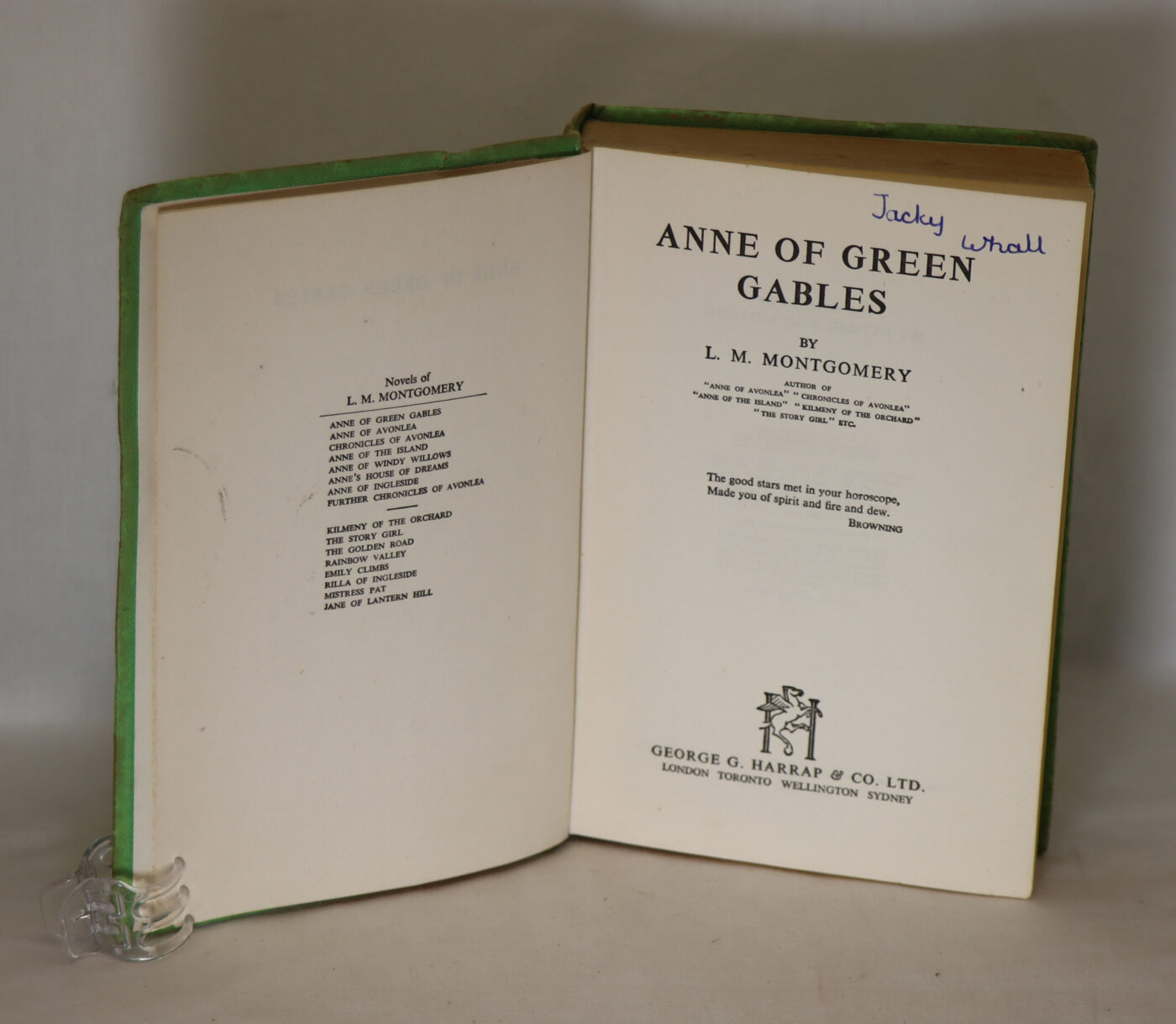
Related products
Share this Page with a friend

